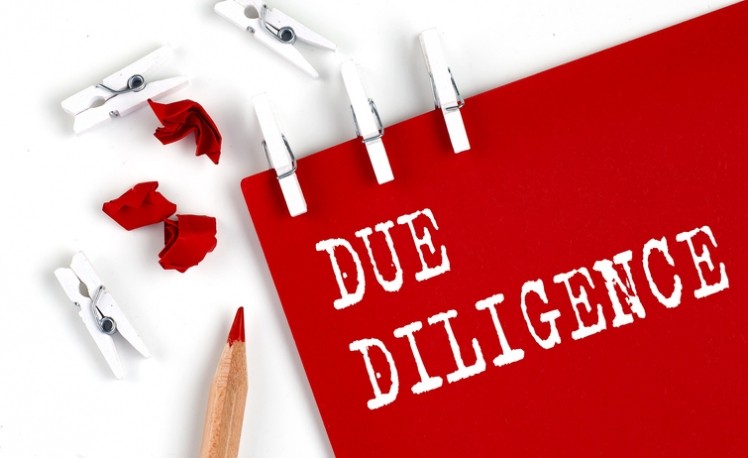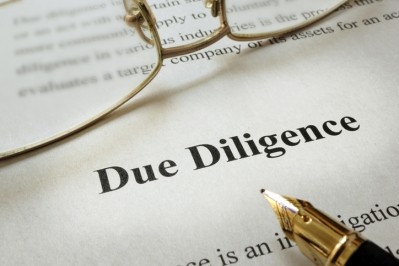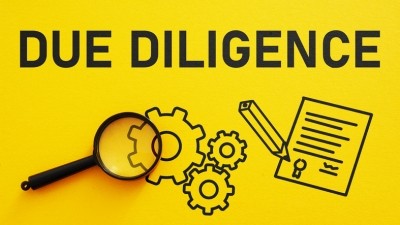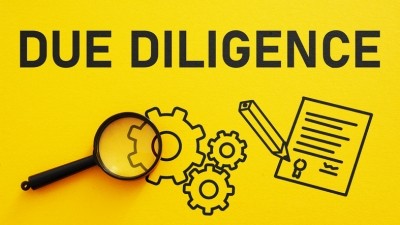Council adopts due diligence position, EU ag trade groups largely endorse stance

It says the rules will enhance the protection of the environment and human rights in the EU and beyond.
The Council presidency now has a mandate to start negotiations with the EU Parliament.
“We have worked hard over the last months to reach this Council position. For the EU to reach its climate and sustainability goals and to ensure the protection of human rights, it is important that companies identify and prevent, bring to an end or mitigate the impact of their activities on human rights and the environment. Responsible behaviour for companies producing clothes, mobile phones and other everyday use objects is also something European customers start caring about more and more,” said Jozef Síkela, Czech minister for industry and trade.
The due diligence directive lays down rules on obligations for large companies regarding actual and potential adverse impacts on human rights and the environment, with respect to their own operations, those of their subsidiaries, and those carried out by their business partners. It also lays down rules on penalties and civil liability for violating those obligations. Lastly, it lays down obligations for companies to adopt a plan ensuring their business model and strategy are compatible with the Paris Agreement.
The directive will help the EU to transition towards a more climate-neutral and green economy as described in the EU Green Deal and the UN Sustainable Development Goals (SDGs), said the Council.
Who is affected?
The directive applies to large EU companies and to non-EU companies active in the EU.
The rules would first apply to very large companies that have over 1,000 employees and €300m net worldwide turnover or, for non-EU companies, €300m net turnover generated in the EU, three years from the entry into force of the directive.
The Council’s text has introduced a phase-in approach regarding the application of the rules laid down in the directive.
The concept of a ‘value chain’ was replaced by ‘chain of activities’ comprising mainly the supply chain of companies and only a limited section of the downstream part of the value chain.
And the inclusion of financial services within the scope of due diligence rules would remain optional for member states.
Civil liability
The Council said the text provides more clarity to the conditions of civil liability, a provision that ensures full compensation for damages resulting from a company's failure to comply with the due diligence obligations.
COCERAL, FEDIOL, and FEFAC, representing the EU grain and oilseed trade, crushing and animal feed industry, said that the Council has provided critical and much needed legal clarification to the civil liability regime by specifying more clearly the conditions that need to be met for civil liability to apply.
“The amended provisions provide more legal certainty for companies and make the important link to failure to comply with the provisions of the directive.”
“Furthermore, the civil liability would only apply to a company’s own operations, whether alone or in conjunction with other business partners. We believe that as a general principle, civil liability should be limited to cases in which a company has directly caused or contributed to the adverse impact and that it should therefore be limited to own operations and not extend to the actions of a legally distinct third party.”
Ensuring human rights and environmental protection
The organizations also welcomed the strengthened risk-based approach and the introduction of prioritisation of adverse impacts based on their severity and likelihood. This, they added, would ensure that companies’ efforts are concentrated where they are most needed and can deliver the most impact. “This approach is also more aligned with the existing international framework on due diligence practices, which are built on best practices.”
However, the trade groups said further enhancements are needed to support due diligence in certain markets where many environmental and human rights damages cannot be avoided by company action alone.
“To have a real positive impact on human rights and environmental protection in third countries, the EU needs to have a structural dialogue with governments of such producing countries and offer assistance to improve governance and enforcement of the relevant national and international laws.
“Overall, the Council has made positive changes to the Commission’s proposal, but we call on the European Parliament to cover other important and needed adjustments to make the directive legally clear, fit for purpose, and effective in combatting adverse environmental and human rights impacts of business operations.”
Amnesty International, however, was quite damning of the Council’s amendments:
“The Council has chosen to drastically minimize the scope of the law with the result that a significant amount of business operations would remain unchecked for human rights or environmental harm.”








